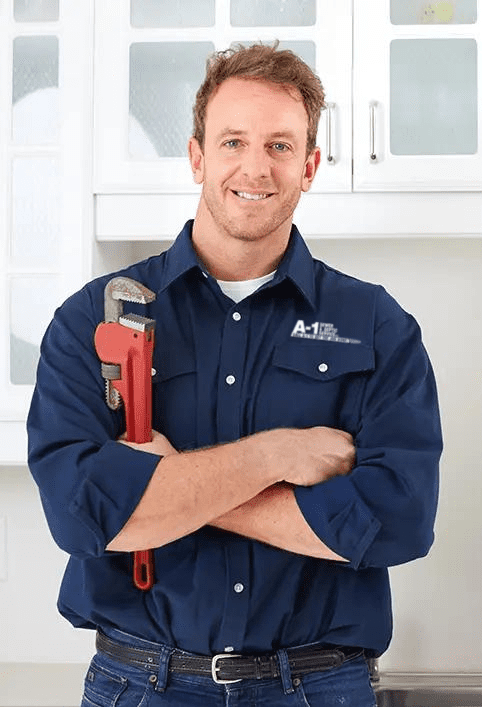Clogged Drains 101
When you’re a homeowner, drain clogs are inevitable, especially when you live in a house with toddlers or children, or you have a large family. Before you call the plumber to handle a clogged drain, there are some things that you can do to try and remove the blockage on



